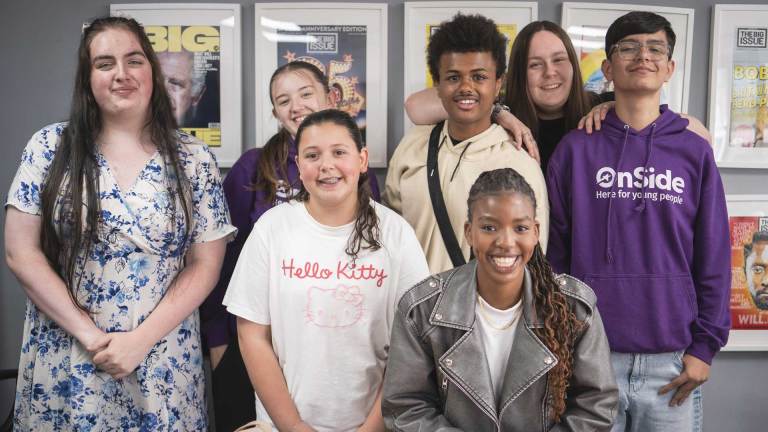In my Tai Chi practice, we start the Tai Chi Form, the series of 37 moves that make up the seven-minute short form sequence, with something not immediately obvious from the outside.
The movement where we stand before starting the form, is a moment of undifferentiated stillness. The first shift of the weight, from one leg to another, for the first step, initiates and recognises the distinction of the Yin from the Yang.
Yin energy represents the more inward, Yang the more outward. Yin is winter — building up your reserves. Yang is summer — bursting out with life. Each movement has a different emphasis and typically shifts into yin and out through yang. This flowing sequence of moves is unified, but constantly distinguishing between these elements. You could not say “Tai Chi is Yin” or “Tai Chi is Yang.” It is both, unified but clearly distinguished.
That is why the separation of environmental issues from social ones has never made sense to me. They are together, always. Sometimes you have more of one and more of another, but they are a unified whole.
If you think they are separate, try this simple thing. Hold your breath. See how long you last without breathing. That’s how long you can be separated from your environment as a human being. You breathe the air. You drink the water. You eat the plants. Swim in the sea. Similarly, every economic activity we have, is as dependent on the environment as we are. Operate a factory without land for it to sit on, or a building to encompass it? Burn coal without the oxygen from the atmosphere? Have a solar panel without silicon? Run agriculture without the sunshine on the land, or the rain from the sky?
Part of what we do in our Tai Chi, is to unify ourselves as human being. If that sounds a bit metaphysical, well, it’s bending your knees a bit, which means your legs get a bit of exercise and moving around, so every muscle and joint in your body gets a bit of movement. Focusing on moving your arms and legs to the positions in the form, distracts your mind from the everyday challenges you face day to day. You finish in better shape than you came out.










